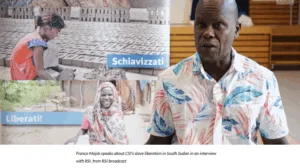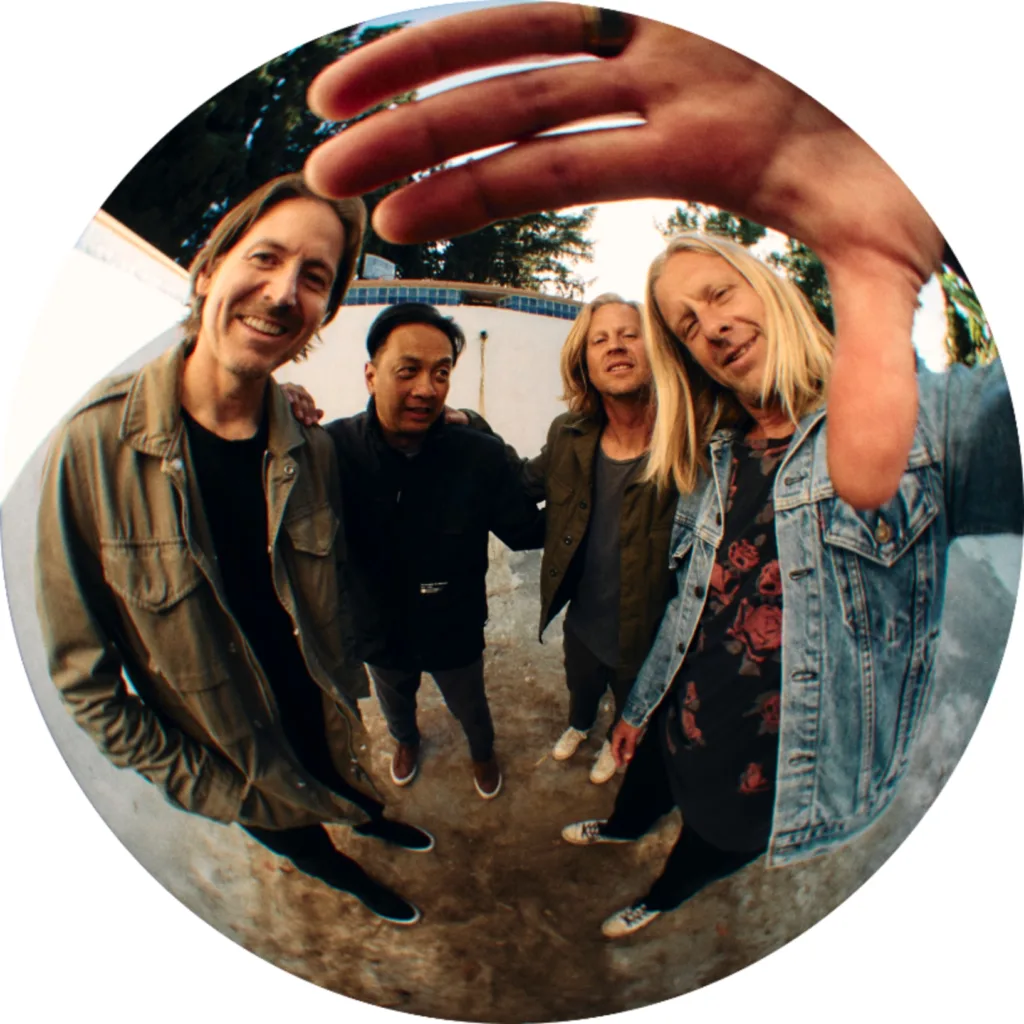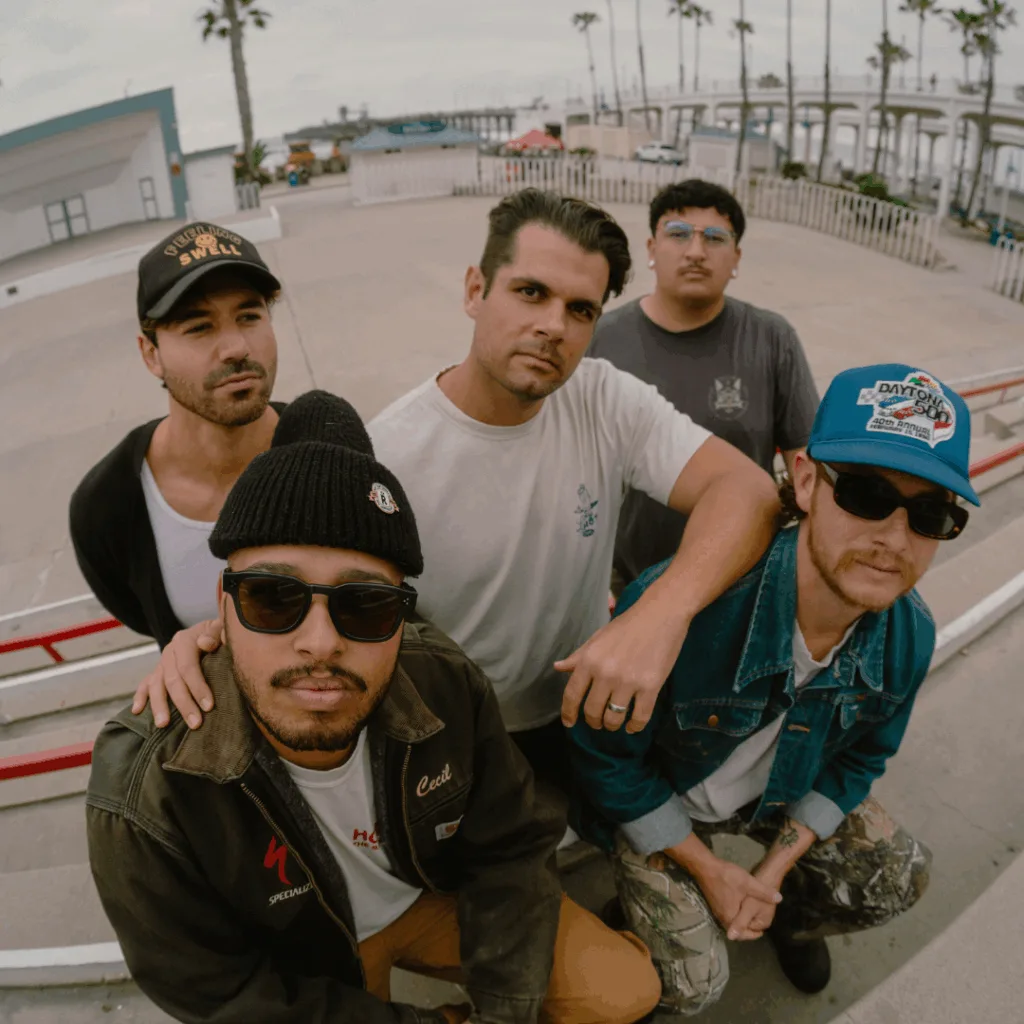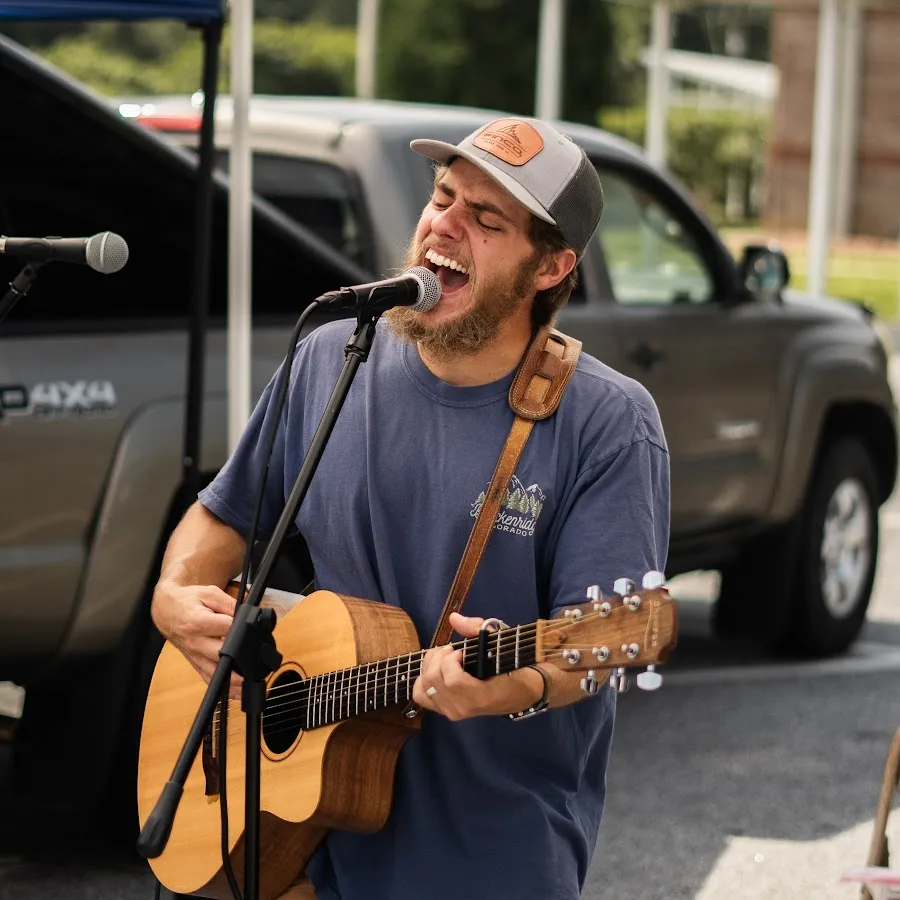For Immediate Release (Westlake Village, CA — On October 11, Swiss national television RSI featured Christian Solidarity International’s (CSI) slave liberation program in South Sudan. The broadcast highlighted an Italian version of CSI’s documentary film about the work, as well as new RSI interviews with CSI project manager Franco Majok and Gunnar Wiebalck, the former head of CSI’s emergency and disaster relief program. CSI has facilitated slave liberation in South Sudan in partnership with local communities for the past 30 years and freed more than 160,000 people from slavery.
Between 1983 and 2005, a systematic slave trade flourished in Sudan. Armed Arab militias, backed by the fundamentalist regime, targeted the non-Muslim populations of South Sudan. Enslaved people endured forced labor, beatings, and starvation. The abuse was both physical and psychological, designed to erase their culture, identity, and faith.
Franco Majok describes this process of dehumanization: “When you are taken as a slave, the first thing — they change your name. You are given a Muslim name… you are forced to be a Muslim and pray and go to the mosque. You cannot resist… or you will be killed.”
The horror has now spanned generations. Though the slave raiding ended in 2005, the agreement did not provide a path to repatriation for those already in slavery. As CSI’s international president, Dr. John Eibner, notes in the documentary film, today “many of these slaves have not been captured but were born into slavery.”
CSI began supporting liberation efforts in 1995 after its investigators, led by Eibner, confirmed the horrifying reports on the ground. Despite little international attention, Eibner and the CSI team knew about “genocidal-type situations” from sources including the United Nations. The findings on their visits repeatedly justified their concerns.
But without international support, the situation for communities in what was then southern Sudan remained perilous.
Eibner’s mission involved flying into active war zones, risking being shot down by the Sudanese air force. During those trips CSI encountered a secret slave market operating in the remote border region between North and South Sudan. CSI’s approach to liberation work was not to swoop in with an outside solution, but to partner with local communities who were already desperately trying to rescue their own people.
But freedom is more than an escape; it’s the start of a new life. To help survivors rebuild, CSI provides practical “starter kits” with essentials creating a path toward self-sufficiency. The survival kit CSI provides people who have returned to South Sudan from slavery includes basic shelter, food, and cooking staples, and more.
The mission of CSI is far from complete.
“We couldn’t just stand by,” Gunnar Wiebalck, the former head of CSI’s emergency and disaster relief program, told RSI. “We will not stop until the last slave is freed.”






















Leave a Reply